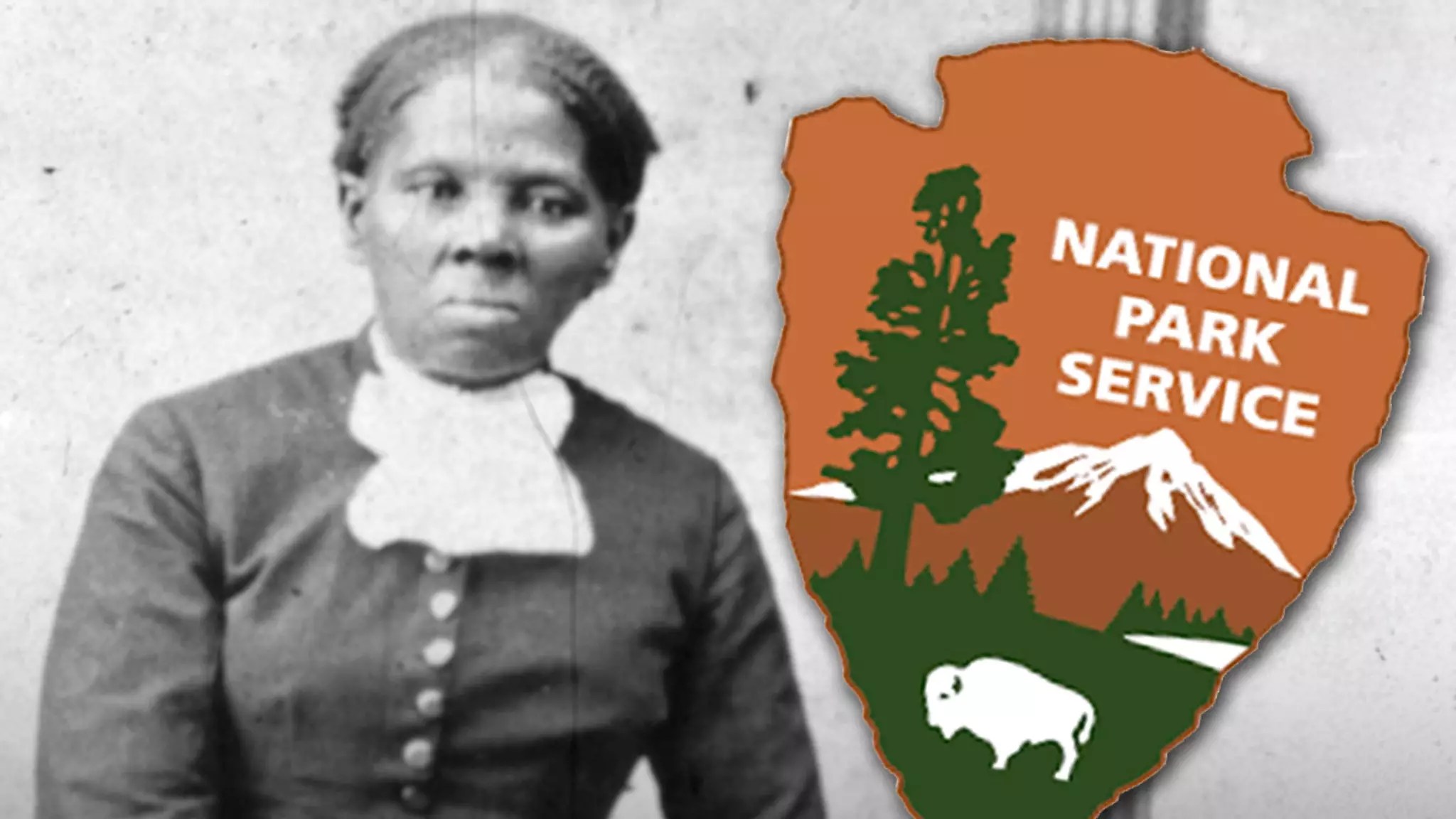In a disconcerting move, the National Park Service initiated changes to the Underground Railroad’s official page, removing iconic imagery and quotes from Harriet Tubman, a monumental figure in American history. This decision drew intense criticism from Tubman’s descendants, who viewed the removal as a serious affront not only to the memory of their ancestor but also to Black history as a whole—a vital component of the narrative we share as a nation. Rita Daniels, Tubman’s relative and an advocate for her legacy, expressed shock over the revision and questioned the motives behind such edits, especially amidst a broader context of political maneuvers aimed at diminishing diversity, equity, and inclusion.
The Historical Significance of Harriet Tubman
Harriet Tubman is more than just a name in American history; she is a symbol of courage, resilience, and the relentless pursuit of freedom. Tubman was instrumental in the Underground Railroad, leading hundreds of enslaved individuals to emancipation while also contributing to the Union’s efforts during the Civil War. This intricate history underlines the stakes involved in altering her narrative. Removing Tubman’s contributions from educational resources not only misrepresents her legacy but also has far-reaching implications for how American history is taught and understood. Such actions seem to echo a broader strategy aimed at whitewashing the vital struggles against oppression and racism, clearly demonstrating how entwined history is with contemporary social issues.
The Perception of Threats in Discussing Black History
Rita Daniels raised a critical question: “Why is Black history such a threat to certain people?” This sentiment underscores an unsettling reality: the persistent fear and hostility against acknowledging the complexities and harrowing truths of race relations in the United States. This fear manifests itself in various forms, from overt racism to systematic attempts at erasing crucial narratives that showcase the struggles and triumphs of Black Americans. When the Department of Defense began sidelining figures like Jackie Robinson and the Tuskegee Airmen, it signaled a broader pattern of ignoring the remarkable contributions of Black individuals to national history—a tactic that not only erases past injustices but also silences discussions surrounding the ongoing fight for equality.
Finding Strength in Activism
In the wake of this alarming development, Daniels speaks of emerging allies—“new abolitionists”—who are making strides toward confronting and combating the systemic racism embedded in societal structures. The January 6 insurrection acts as a sobering reminder of the continuous battle against bigotry and the need for vigilant activism. This moment of collective outrage reverberates, serving as a call to arms not only for those directly affected by these erasures but also for anyone committed to a just society. The restoration of Tubman’s image on the National Park Service page highlights the power of grassroots activism, echoed by a resolute desire to uphold the legacies of those who fought and sacrificed for justice.
The importance of honoring Harriet Tubman’s legacy cannot be overstated. Her life’s work embodied the fight for freedom and equality that continues to resonate today, and the movement to retain her memory in our collective consciousness is not purely about nostalgia. It is about ensuring that the lessons of the past are woven into the fabric of American identity, inspiring future generations to strive for justice and equality.


Leave a Reply